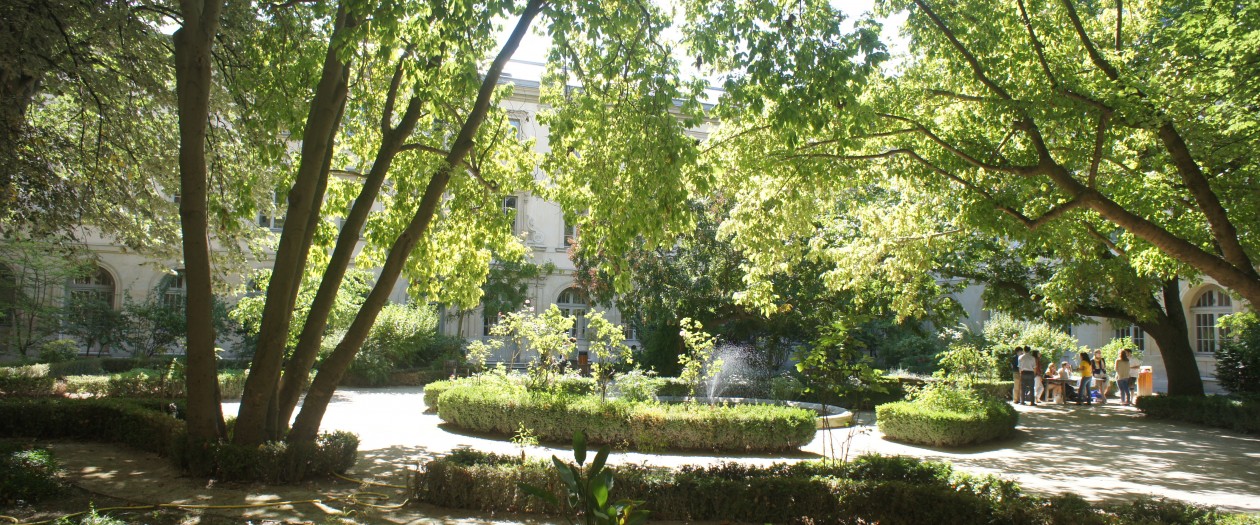Tai Chi -太极 – Tàijí
It is unsure that the art of Tai Chi was named like that in the origin. The Chinese characters 太 Tai and 极 Chi mean something like : “Supreme” or “Ultimate”. The two words have a close meaning and can be just understood like a redundancy in order to define what is “greater than great” or what is beyond the greatest limit. In mathematics, what is always beyond the limit wherever you put that limit defines the concept of “infinity”. It may be one of the many interpretations of the original word « Tai Chi ». Whatever the sense of “Tai Chi” is, what may be useful to notice from it, is that the ancient Chinese people place the original art of Tai Chi beyond a simple martial art or gymnastic activity, which is closer to his common definition nowadays.
Tao – 道 – dào
Chinese language often shows a direction where to seek the meaning of a word or a concept, it does not impose a clear and limited definition. 道 Dao or Tao refers to the idea of the way. What at first sight does not mean much. With another viewing angle, it is also perhaps how the ancient Chinese sages defined what could not be defined or named. Taoism, from a certain point of view, can be interpreted as the study of « Everything » and « Nothing », of the nature of what is visible and invisible ; as observing the changes of harmony, the duality of Yin / Yang principles (Female / Male), the perfect or unstable balance, of material or immaterial phenomena, ect.
In practice, Taoisme emphases a return to the Natural Order, not in opposition to civilization and modernity, but for a better connection to what is the basic nature of man. Unlike the image of the wise man lost in his Mountain, it does not ask those who cultivate it to go isolate themselves away from men to look for inner peace. On the contrary, it invites to find what is extraordinary in the Way in our daily life and in what looks ordinary. Everyone is free to cultivate the Tao, the way of harmony, in one’s urban or rural life, alone or with other people, during one’s working or leisure time, in one’s Tai Chi, etc.
